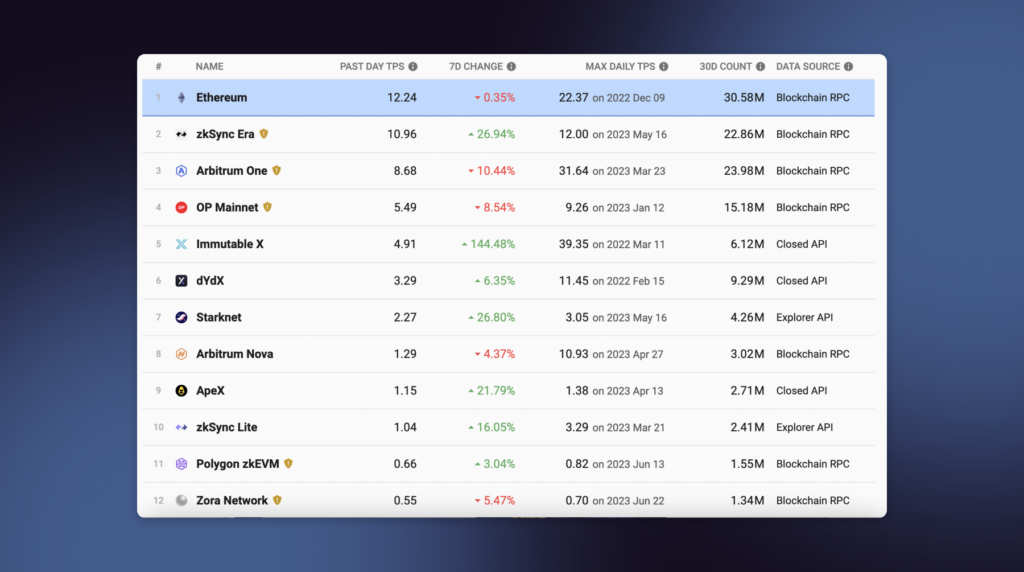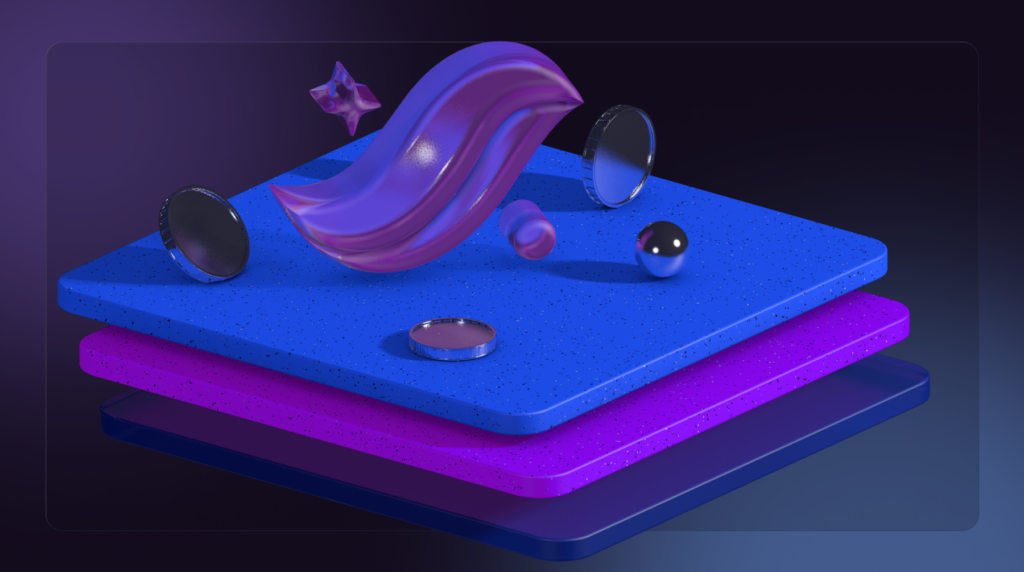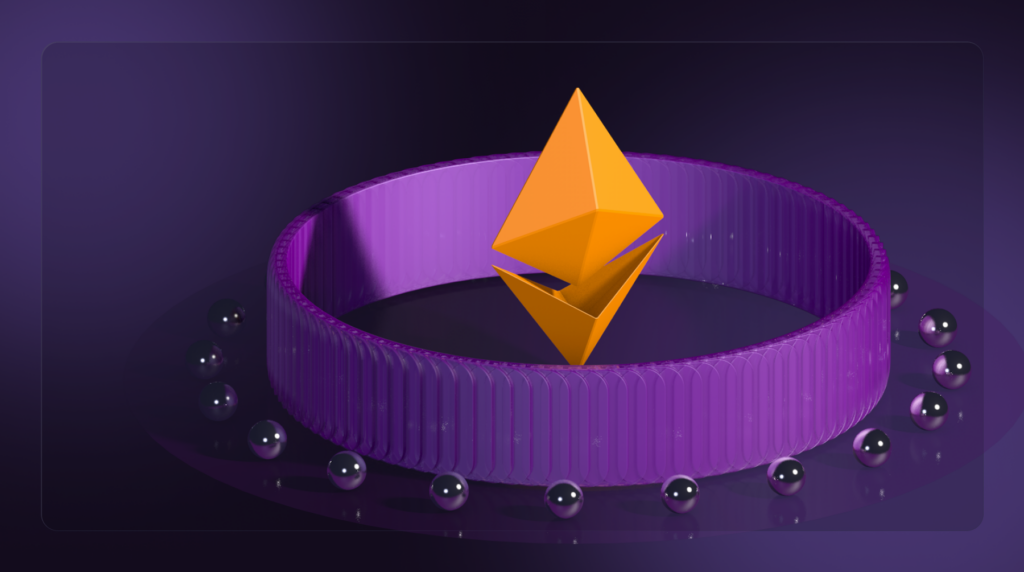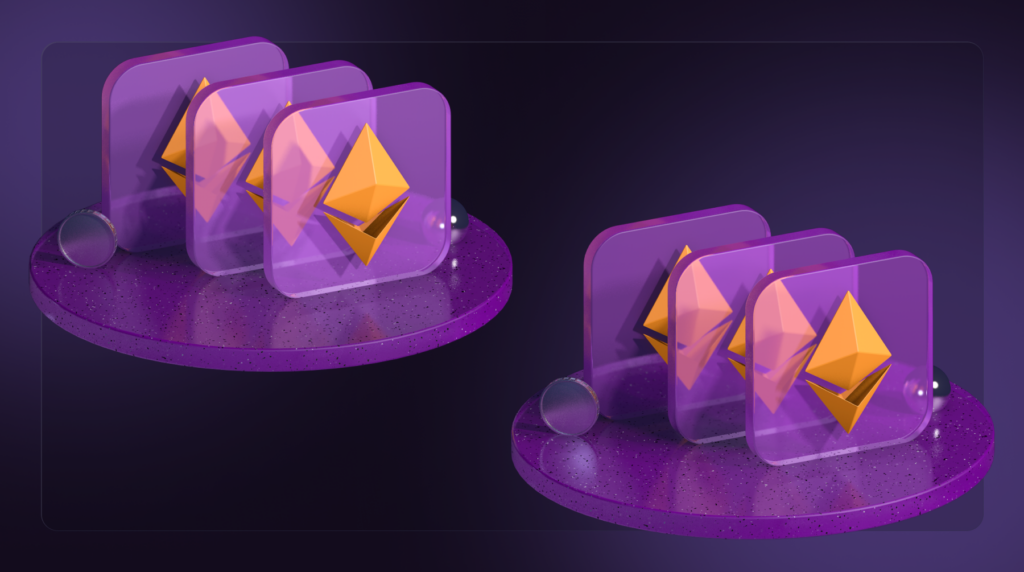Please fasten your belts!
Etherspot Prime: groundbreaking Smart Account SDK
We have unveiled Etherspot Prime, a smart account SDK that complies with ERC-4337. This pioneering solution is designed to tap into the immense potential of Account Abstraction, delivering features that are decentralized, resistant to censorship, and efficient in terms of gas usage.
Alongside the ERC-4337 implementations, Etherspot is rolling out Skandha, an implementation of a Typescript bundler. It is intended to boost the performance and effectiveness of the ERC-4337 implementations, ensuring a smooth user experience.
Etherspot has strongly emphasized security in creating Prime, with smart contracts already audited by a 4337 specialist. To further guarantee top-tier security, Etherspot has revealed plans for a subsequent round of audits with Nethermind, scheduled for the following week.
Both contracts and Bundler are now operational on Ethereum, Polygon, Optimism, Arbitrum and Fuse.
Etherspot intends to collaborate with all major EVM chains to bring Account Abstraction to every interested protocol. If you want to have a chat with the Etherspot team, feel free to create a ticket on Discord or fill out the form.
Starknet’s Quantum Leap upgrade promises enhanced transaction speeds
Starknet, an Ethereum layer-2 scaling protocol, has successfully deployed its Quantum Leap upgrade on a testnet, claiming the ability to process hundreds of transactions per second.
This marks a significant improvement, potentially over 50 times its current throughput, due to the harmonization of the sequencer’s code with the Cairo programming language in the version 12 upgrade.
The upgrade has reportedly hit “triple figures” during testing, according to co-founder Uri Kolodny.
If this throughput is mirrored in real-world usage, the upgrade could improve transaction speed by 56 times or more, outshining other Ethereum layer-2 solutions, including the Optimism mainnet, zkSync Era, and Arbitrum One.

However, the Quantum Leap upgrade does not solve the data availability problem faced by all zk-Rollups.
This issue is expected to be addressed by the version 13 Volition upgrade, due before the end of this quarter. This upgrade will allow users to store crucial or high-value data on Ethereum and less important data elsewhere, potentially reducing fees by 85%.
The Quantum Leap upgrade is seen as a “historic moment” for blockchains, demonstrating the potential to scale blockchains safely thanks to STARKs and enabling the creation of new applications on top.

Partitura introduces the Automation of Account Abstraction (AAA)
Partitura has announced the introduction of the Automation of Account Abstraction (AAA). This groundbreaking functionality, backed by Gelato Network, enables users to automate all actions on the Partitura platform effortlessly.
AAA gives users of their platform the ability to do the following:
- create their own Dollar Cost Averaging (DCA) strategy;
- accumulate rewards from any chosen protocol;
- automate any web3 routines at any desired interval.
This is facilitated by Gelato Network’s Gelato Automate, a decentralized tool for automating smart contracts. Moreover, the GelatoSafeModule, powered by Safe modules, ensures smooth automated execution of any transaction on a user’s wallet.
Partitura establishes a primary smart wallet for each user, but users can also use their own smart wallets. This primary wallet allows for the deployment of task-specific wallets, activation of the SafeGelatoModule, whitelisting of transactions, and creation of tasks in a single transaction that requires no gas.
Gelato Network also offers a Relay service, which is perfectly suited for smart wallets. This service enables users to carry out actions on the Partitura platform without bearing any gas fees, greatly improving the Web3 user experience.
This new feature streamlines the management of multiple wallets and tasks, saving users both time and gas fees. With the primary smart wallet acting as the central hub, users maintain full control over the deployment of task-specific wallets, activation of modules, and whitelisting of transactions.

ETH’s smart accounts could onboard a billion users from Asia: ConsenSys executive
Smart accounts could potentially bring a billion users from Asia to Web3, according to Laura Shi, the Director of Strategic Initiatives at ConsenSys.
The Ethereum and Web3 ecosystem has seen substantial growth in Asia this year, driven primarily by the introduction of zero-knowledge Ethereum Virtual Machine (zkEVM) rollups and the widespread adoption of Optimistic Rollups.
These layer-2 scaling solutions offer developers security, scalability, and direct compatibility with Ethereum smart contracts.
Shi also highlighted the role of Account Abstraction in increasing adoption in the region, which provides more programmable functionality and “bank-like” features than a regular crypto wallet.
She believes that the development of Account Abstraction will facilitate onboarding billion-level users in the Asia-Pacific region to Web3.
The ConsenSys executive also pointed out the role of social and Web3 gaming in driving mass adoption in Asia, particularly in South Korea and China. Both use cases would heavily rely on zkEVM rollups and account abstraction development.

Alchemy sheds light on Account Abstraction in a new article
Alchemy, a prominent blockchain infrastructure provider, has recently published an enlightening article on the revolutionary concept of Account Abstraction.
The piece provides a comprehensive overview of ten key aspects of this groundbreaking technology.
The author elaborates on the myriad benefits of AA, including enhanced user experience, the ability to create “smart accounts,” customizable security protocols, account recovery, and more.
Is Account Abstraction secure?
Gleb Zykov, Chief Technology Officer at HashEx, examined the security and risks associated with AA on Ethereum.
Titled “Is Account Abstraction Secure? A Guide to Mitigating Risk,” the guide delves into AA’s key features, use cases, implementations, and risks.

While mentioning all the benefits of the technology, the guide also highlights potential risks, including:
- bugs in implementation;
- incompatibilities with certain smart contracts;
- reliance on third-party code for wallets and paymasters;
- need for established best practices.
While AA presents opportunities for improved functionality and security on Ethereum, users and developers must exercise caution, according to the author.
Subscribe to Etherspot’s Everything About Account Abstraction Newsletter!
Start exploring Account Abstraction with Etherspot!
- Learn more about account abstraction here.
- Head to our docs and read all about the Etherspot SDK.
- Skandha - a developer-friendly Typescript ERC4337 Bundler.
- Explore our TransactionKit, a React library for fast & simple Web3 development.
- For a plug & play integration, review the BUIDLer react component.
- Follow us on Twitter and join our Discord.
Is your dApp ready for Account Abstraction? Check it out here: https://eip1271.io/
Get In Touch:
Website | Twitter | Discord | Github | Telegram
Powered by Etherspot
BUIDLer React Component | TransactionKit | Pillar Wallet | AirdropMe

